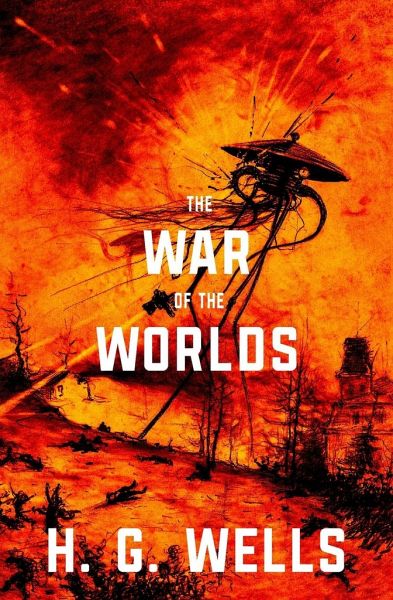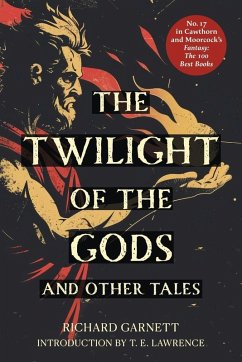
The War of the Worlds (Warbler Classics)
Versandkostenfrei!
Versandfertig in 1-2 Wochen
11,99 €
inkl. MwSt.

PAYBACK Punkte
6 °P sammeln!
H. G. Wells' classic alien invasion tale, The War of the Worlds, is one of science fiction's most important novels. Humans are unprepared when an armada of warring Martians land in southeast England in gigantic cylinders and wreak havoc as they close in on London. The Martians use huge three-legged fighting machines armed with deadly heat rays, which Wells describes as "this flaming death, this invisible, inevitable sword of heat." Humans eventually mount a jumbled defense against what appears to be an implacable and unbeatable enemy. The story reads almost like dispatches from a war zone told...
H. G. Wells' classic alien invasion tale, The War of the Worlds, is one of science fiction's most important novels. Humans are unprepared when an armada of warring Martians land in southeast England in gigantic cylinders and wreak havoc as they close in on London. The Martians use huge three-legged fighting machines armed with deadly heat rays, which Wells describes as "this flaming death, this invisible, inevitable sword of heat." Humans eventually mount a jumbled defense against what appears to be an implacable and unbeatable enemy. The story reads almost like dispatches from a war zone told by ordinary, frightened humans whose fate is determined by a freak turn of events. Wells' wild, harrowing story can be appreciated as much for its prescience and inventiveness as for its astute social commentary. This Warbler Classics edition includes a detailed biographical timeline.













